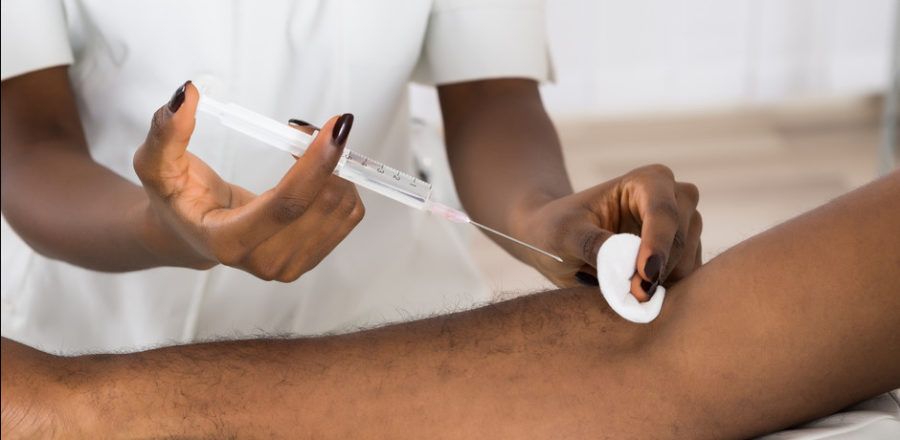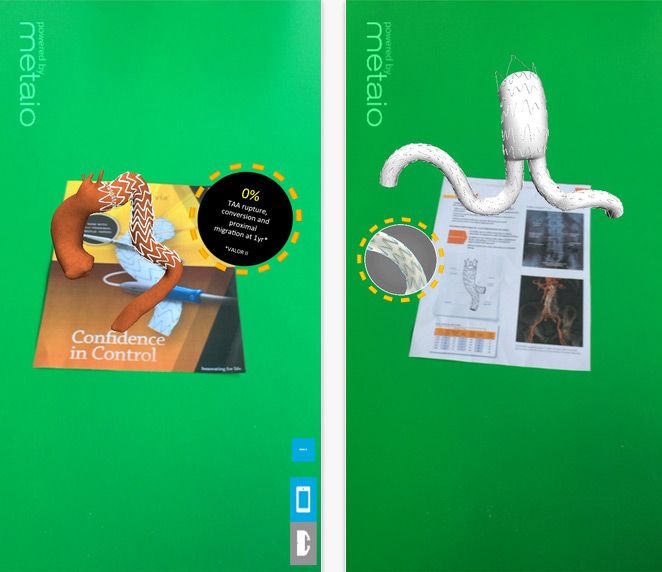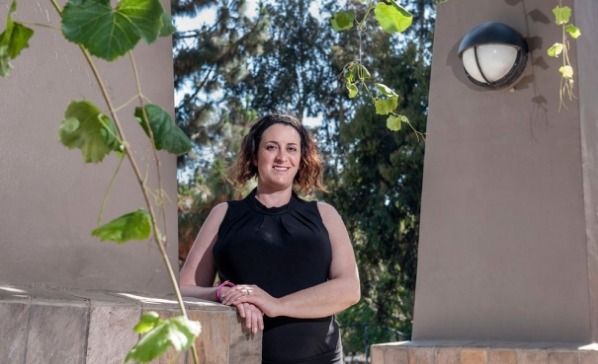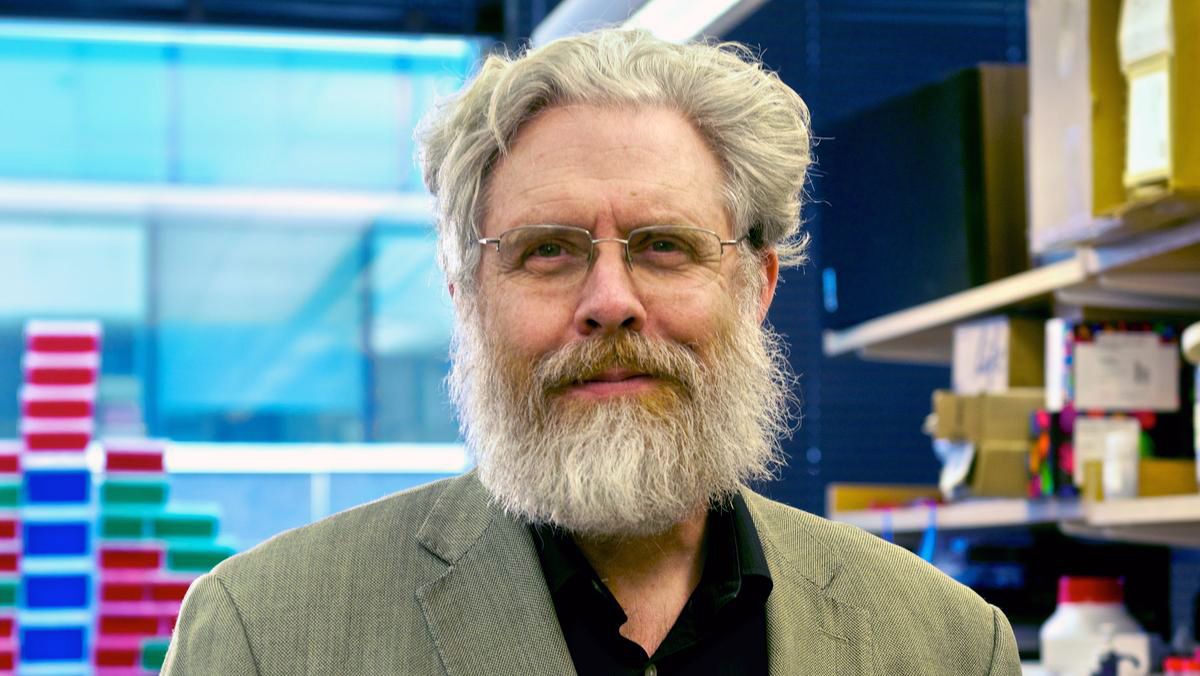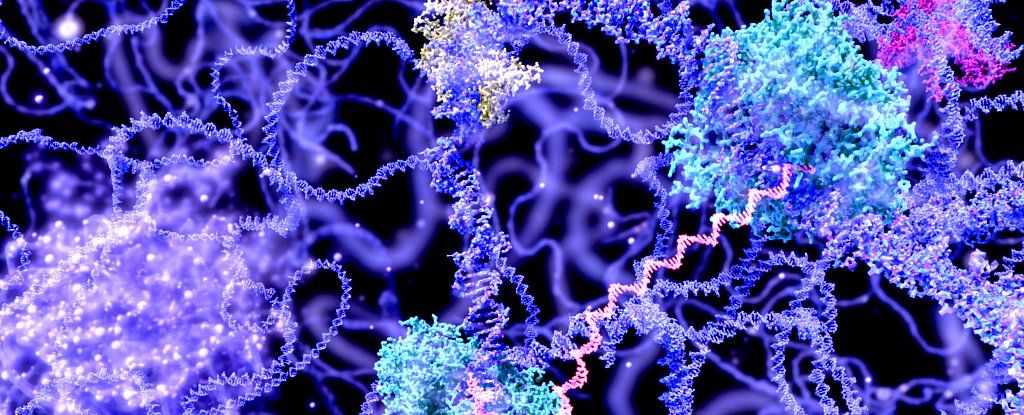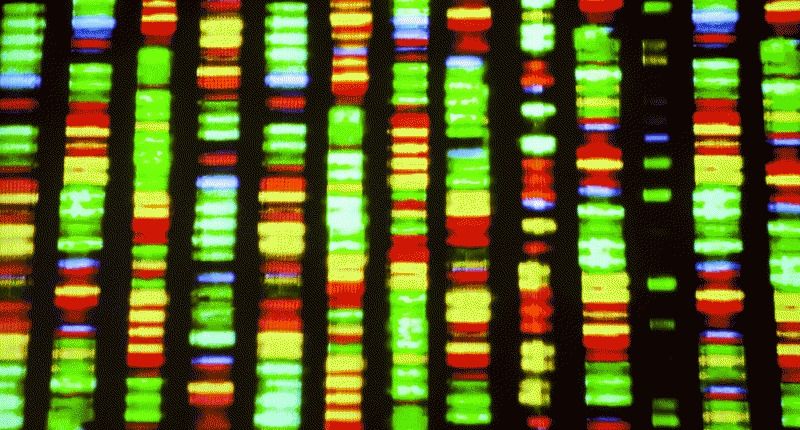Jun 6, 2016
HIV: Oregon University Seeking Volunteers For HIV Vaccine Human Trials
Posted by Shailesh Prasad in categories: biotech/medical, education, health
Oregon Health & Science University is currently seeking volunteers for human testing of its “promising” HIV vaccine. If that’s not enough, the Oregon university’s approach to its ground-breaking HIV vaccine is reportedly being used to develop vaccines for other diseases and infections, including tuberculosis. While many believe the TB is virtually eradicated, it actually kills almost 2 million people every year.
As Oregon Live reports, the Oregon university’s novel HIV vaccine could equate a huge step forward in the fight against HIV, as well as give the Oregon school the confidence and research it needs to pursue vaccinations against other deadly infections. In addition to being a stepping stone toward the prevention of HIV and TB, the current vaccine trials could open the door for vaccines that would prevent malaria and hepatitis C, among others.
“HIV is the poster child because it affects so many people, but there are many other conditions that are also extremely challenging to prevent or cure.”
Continue reading “HIV: Oregon University Seeking Volunteers For HIV Vaccine Human Trials” »
